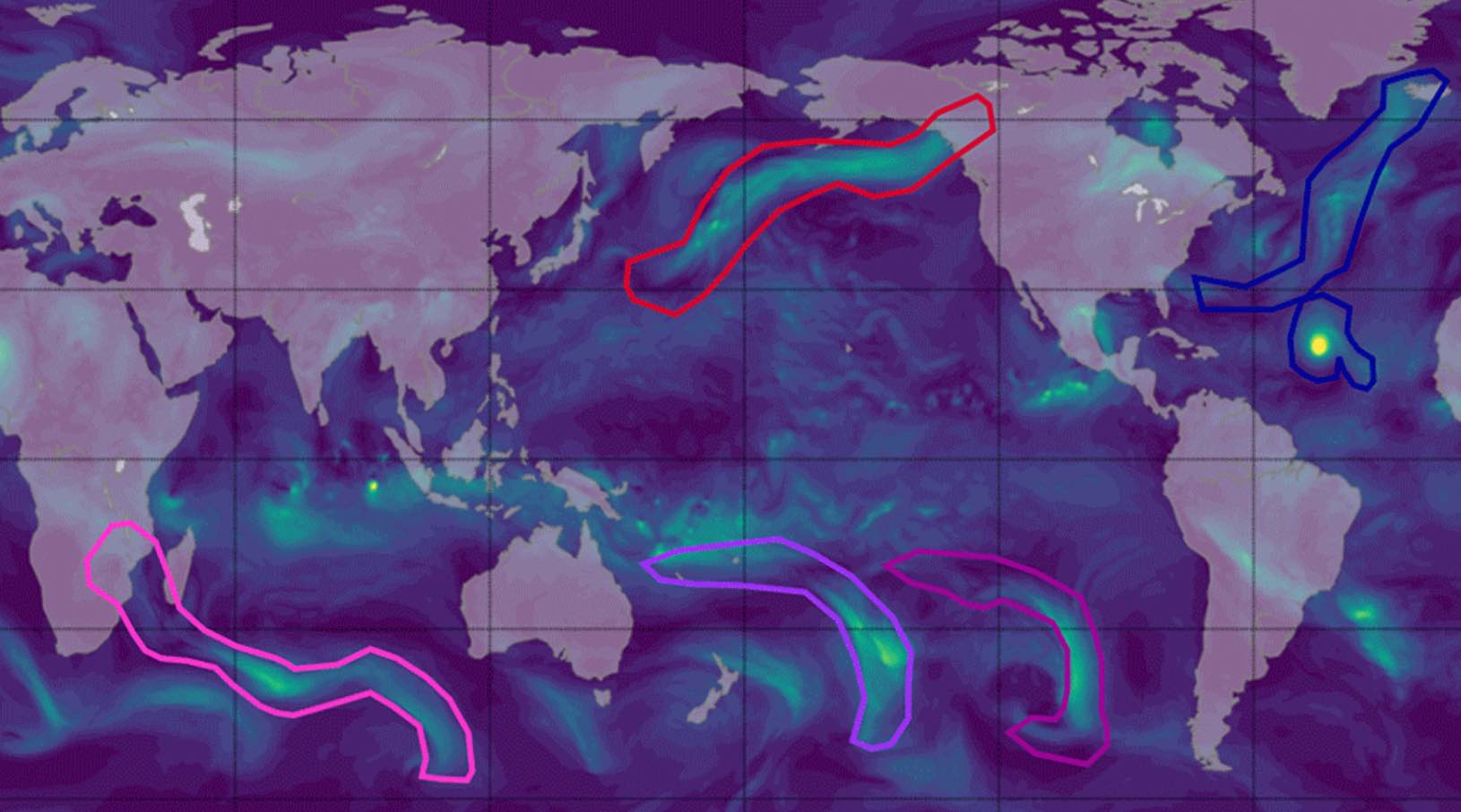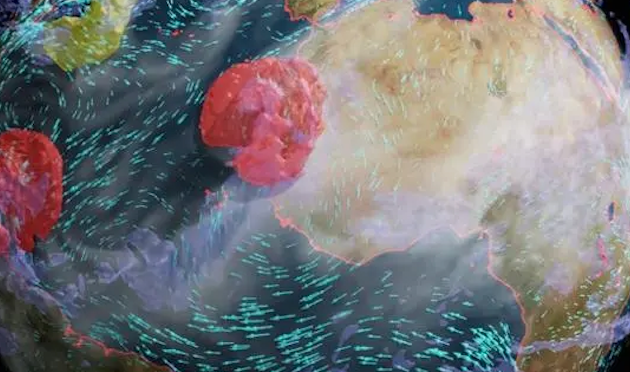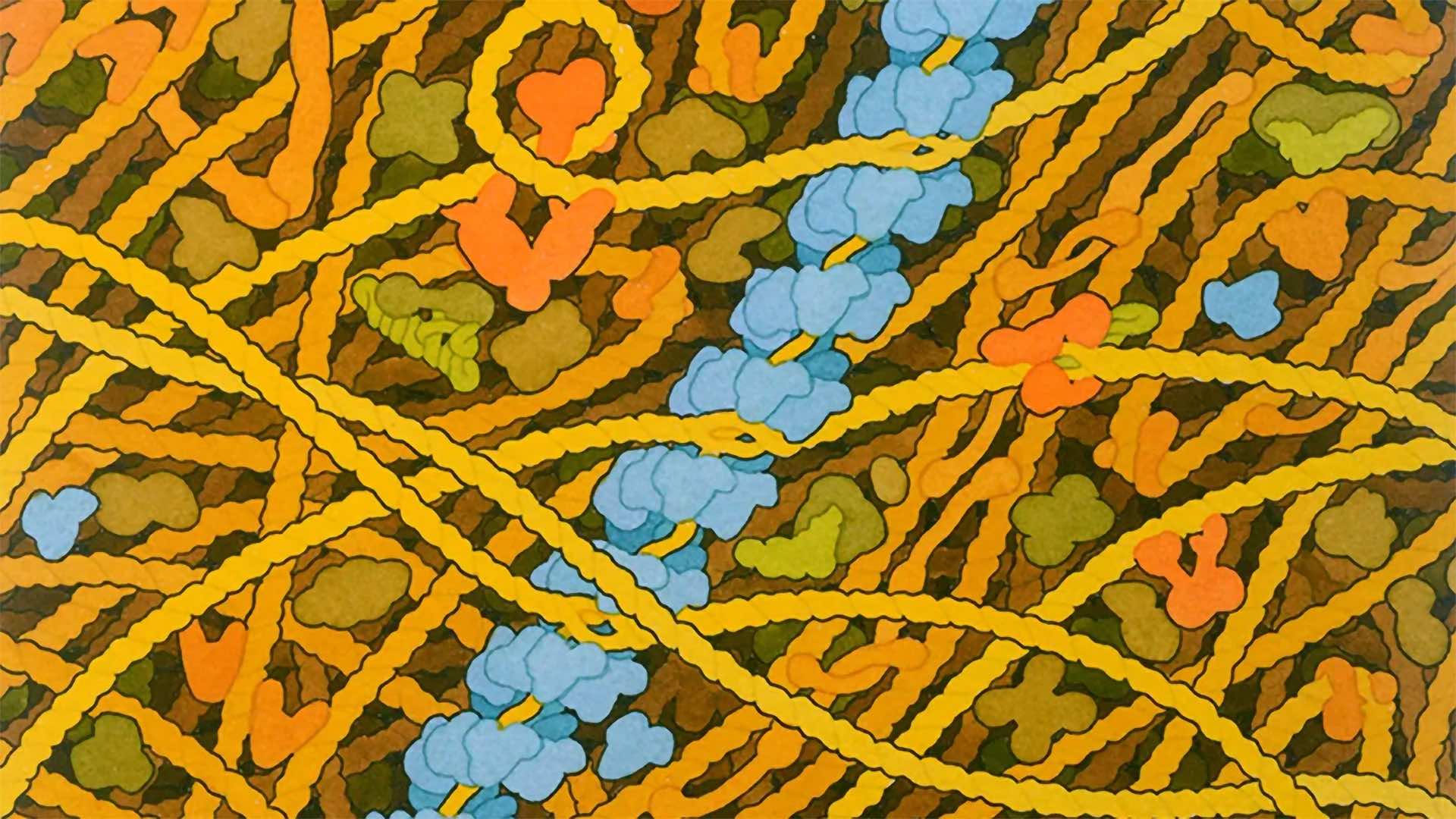Building tech to solve impossible problems in biology, physics and mathematics. Also: learning languages.
∘ BSc @ ETH Zurich
∘ MSc @ Tsinghua University
Building tech to solve impossible problems in biology, physics and mathematics. Also: learning languages.
∘ BSc @ ETH Zurich
∘ MSc @ Tsinghua University
I built the largest expert-labeled dataset for extreme weather events and the fastest AI-driven extreme weather detector together with a great, multi-disciplinary team at Lawrence Berkeley Lab.

At Nvidia, I significantly improved the calibration of the Fourcastnet neural weather model, almost matching the calibration of the 'gold-standard' IFS forecasting system.

Recently, I used DNA language models to identify the origin of replication of plasmids with unprecedented accuracy, unlocking new use-cases for synthetic biology. (to be published)

Pictures of my work were featured in a blog post by Nvidia CEO Jensen Huang and the GTC November 2021 Keynote.